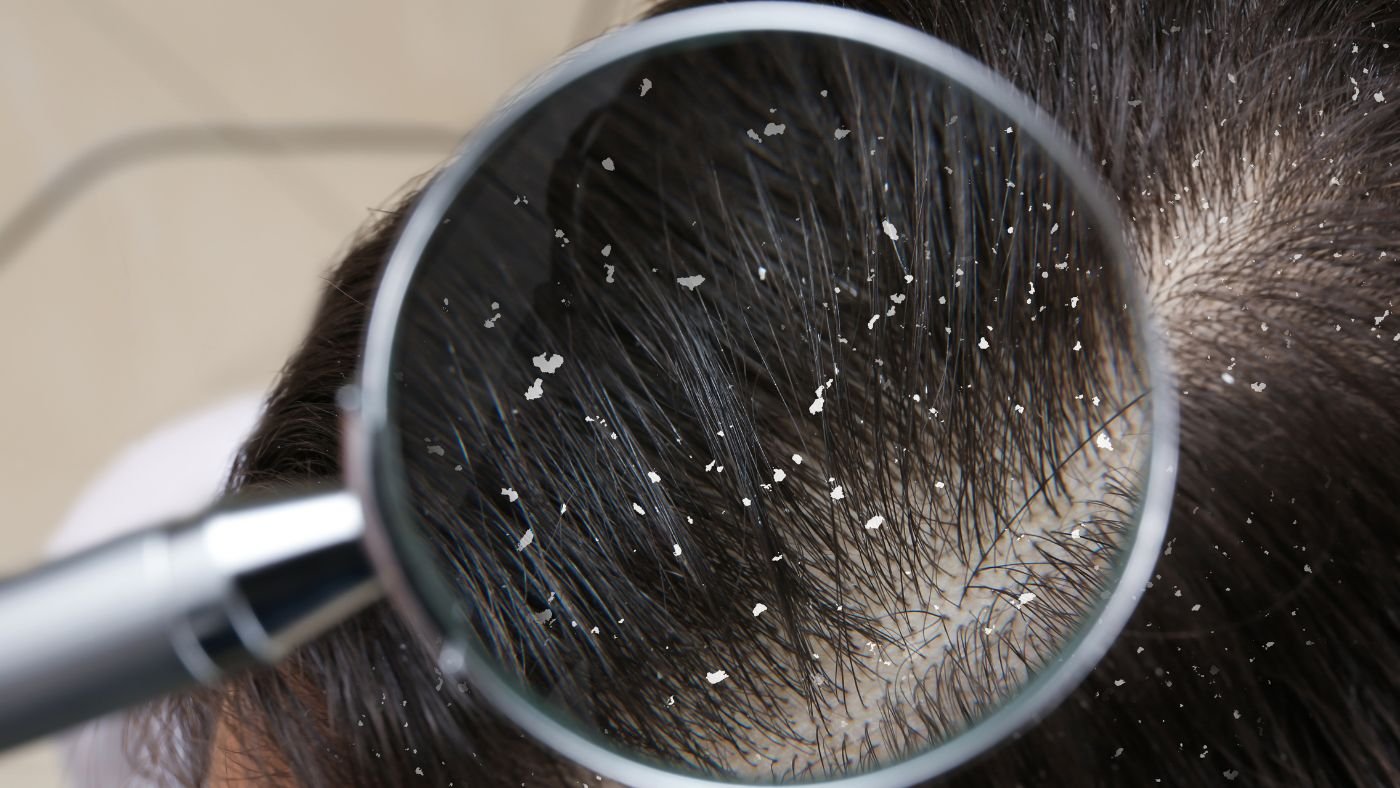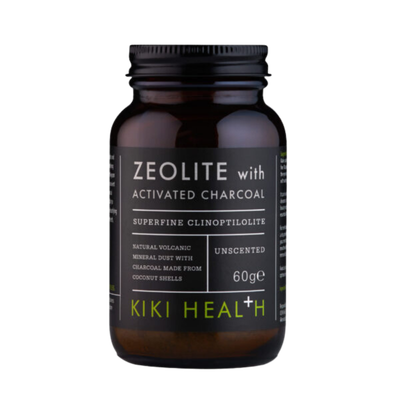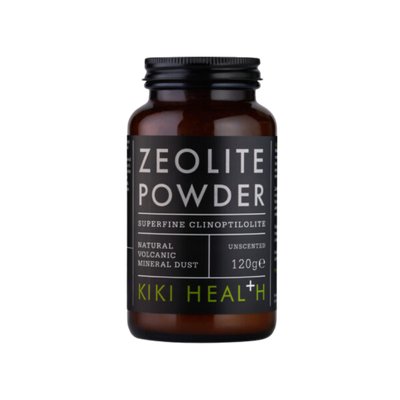Kaip Sustiprinti Širdį: Kardiologų Patikrinti Metodai Be Vaistų
Kasmet pasaulyje nuo širdies ir kraujagyslių ligų miršta apie 17 milijonų žmonių, ir šios ligos išlieka pagrindinė lietuvių mirties priežastis. Tačiau gera žinia ta, kad…

We worry when the skin flakes. We notice that scaly skin often attracts the attention of others and symbolizes poor health. Scaly skin is usually considered a dry, itchy and visually noticeable (on clothes) condition. However, it is not only uncomfortable, but can also indicate more serious health problems. Flaky skin can be a sign that the body is not getting enough important nutrients or suffering from autoimmune diseases.
If you are constantly suffering from flaky skin, you should consult a health professional. He will be able to determine exactly what is causing the flaking and provide effective treatment methods. Flaky skin is not just a cosmetic problem, it can also be a signal of a more serious health problem.
Flaky skin is a common problem faced by both men and women. It can appear anywhere on the body, but it is most common on the head, face, hands and feet.
The causes of flaky skin are varied. This can be due to insufficient hydration of the skin, excessive dryness in the air, or even due to certain medical conditions. Some people are prone to dandruff due to genetic factors.
Excessive dryness of the skin can be due to too hot shower or bath, too frequent washing with soap or other aggressive detergents. It can also be due to certain health conditions, such as eczema, psoriasis, seborrhea dermatitis.
Genetic factors can also cause flaking. This means that if your parents or grandparents suffered from scaly skin, you may also be at a higher risk of having a lot of dandruff.
Dandruff isn't just a human problem. Many animals, including dogs and cats, also suffer from flaky skin. This suggests that flaking is a natural process that may be associated with skin renewal.
The skin is our largest organ, which is constantly renewing itself. We lose about a million skin cells a day, which often manifests as flaking. However, when the flaking becomes too intense or causes discomfort, it may indicate that something is wrong with our skin condition or health.
Although flaking is usually associated with dry skin, it can also be due to excessive oil production. This is a common problem among teenagers and young adults who are experiencing hormonal changes.
Flaking is often accompanied by other symptoms that can help determine its cause. It can be itching, redness, wrinkling of the skin, cracks or even pain.
Itching is one of the most common symptoms. It can be very uncomfortable and interfere with daily life. Also, constant scratching of the skin can cause redness and swelling.
Wrinkling and cracking of the skin is another common symptom. This can be caused by excessive dryness and can cause pain. In addition, cracks in the skin can be a gateway to infection, so it is important to treat them as soon as possible.
Scientists are constantly researching the causes and treatment methods of flaky skin. They found that flaking can be caused by both external and internal factors.
External factors include dry air, skin care products and allergens. Internal factors can be hormonal changes, genetics, certain diseases or even stress. It has also been found that some microorganisms such as yeast can cause dandruff.
Although the causes of flaky skin can be varied, researchers have found that the most common cause is a disruption of the skin's barrier. This means that the skin cannot retain moisture effectively, causing it to become dry and flaky.
The environment we live in can have a big impact on the condition of our skin. Dry air, too hot or cold temperatures, aggressive detergents, sunlight - all these can cause skin peeling.
In winter, when the weather is dry and cold, the skin can become very dry and flaky. Also, too frequent use of hot water can increase skin dryness and flaking.
The sun's rays can also cause peeling of the skin. Sunburn can cause skin dryness and flaking, and prolonged sun exposure can cause skin aging and flaking.
Natural treatments can be effective in fighting flaky skin. For example, natural moisturizers such as aloe vera gel or coconut oil can help restore moisture to the skin and reduce flaking.
In addition, diet can also affect the condition of the skin. By eating more foods that contain omega-3 fatty acids, vitamin A, Vitamin C and vitamin E, can help strengthen the skin barrier and reduce flaking.

There are a variety of products available at the drugstore to combat flaky skin. These can be special shampoos, creams or lotions that help reduce dryness and flaking.
Shampoos with zinc pyrithione, salicylic acid or sulfur compounds can be effective in fighting dandruff. Various moisturizers and lotions are also available to help restore moisture to the skin.
When natural or over-the-counter treatments don't work, it may be helpful to see a dermatologist. He may prescribe stronger medications or treatments to help control the flaking.
For example, a dermatologist may prescribe corticosteroid creams or lotions to help reduce inflammation and flaking. Retinoids can also be used to help regulate skin renewal.
Although flaky skin can be annoying, there are many ways to manage the problem and prevent it from occurring. Here are some tips you can try:
Flaky skin is a common problem faced by many people. However, despite its prevalence, many people still have quite a few questions about this skin condition. Therefore, we have compiled a list of frequently asked questions and their answers.
Why does the skin peel? Flaking can be caused by many reasons, such as dry air, skin diseases, nutritional deficiencies or even a certain lifestyle. Some people are prone to dandruff due to genetic reasons.
Is scaly skin contagious? No, scaly skin is not contagious. It is a skin condition that can be caused by many factors, but it is not passed from one person to another.
How can I prevent flaky skin? There are many ways to prevent flaky skin, including proper skin care, a healthy diet supplemented with essential nutrients (omega 3, Vitamins A, C and E) and avoiding dry air.
Flaky skin is a condition where the skin becomes dry, rough and begins to flake off in small, thin patches. It can happen anywhere on the body, but is most common on the hands, feet, elbows, and knees.
Symptoms of scaly skin can vary from person to person, but usually include dryness, redness, itching, flaking, and sometimes even pain.
Flaking can be caused by various factors such as weather, genetics, skin condition, diet, hygiene and others. It is often the result of dryness, dehydration, or skin disorders such as eczema or psoriasis.
Treatment for flaky skin depends on its cause. It is usually recommended to use moisturizing creams, avoid excessive dryness and use gentle skin care products. In more severe cases, a dermatologist's consultation may be necessary.
Yes, there are several ways to prevent flaky skin. This includes proper hydration, gentle skin care, and a balanced diet.
Flaky skin is a common problem faced by many people. Although it can be annoying and sometimes even painful, there are many ways to manage this problem and prevent it from occurring. It is important to understand that this is nothing to be ashamed of and it happens to many.
Professional treatment, proper skin care, and a healthy diet can help manage flaky skin and improve your skin's health. If you have any questions or concerns about flaky skin, don't be shy to consult a healthcare professional.
Kasmet pasaulyje nuo širdies ir kraujagyslių ligų miršta apie 17 milijonų žmonių, ir šios ligos išlieka pagrindinė lietuvių mirties priežastis. Tačiau gera žinia ta, kad…

Artificial intelligence in medicine has made impressive progress – it has already successfully passed medical licensing exams and can handle internal medicine cases. Even more impressive is that special…
The human heart beats an average of more than 2.5 billion times during a lifetime. This amazing organ works tirelessly to maintain a vital pulse rhythm, the rate of which (pulse rate)…

KIKI Health Zeolitas - Ceolitas, milteliai, 60 g

Trace Minerals Mega Magnesium 400 mg. Liquid with minerals, 118 ml.

KIKI Health Zeolitas - Ceolitas su aktyvuota anglimi, milteliai 60 g.

KIKI Health Zeolitas - Ceolitas, milteliai, 120 g.

SUPER OMEGA-3 - norvegiški žuvų taukai su Omega-3, didelė koncentracija, 100+30 kapsulių
| Cookie | Duration | Description |
|---|---|---|
| cookielawinfo-checkbox-advertisement | 1 year | Šį slapuką nustato GDPR Cookie Consent papildinys. Slapukas naudojamas išsaugoti vartotojo sutikimą dėl slapukų kategorijoje „Analitiniai“. |
| cookielawinfo-checkbox-analytics | 11 mėnesių | Šį slapuką nustato GDPR Cookie Consent papildinys. Slapukas naudojamas išsaugoti vartotojo sutikimą dėl slapukų kategorijoje „Analitiniai“. |
| cookielawinfo-checkbox-functional | 11 mėnesių | Slapukas nustatomas pagal GDPR slapukų sutikimą, kad būtų įrašytas vartotojo sutikimas dėl slapukų kategorijoje „Funkciniai“. |
| cookielawinfo-checkbox-necessary | 11 mėnesių | Šį slapuką nustato GDPR Cookie Consent papildinys. Slapukai naudojami saugoti vartotojo sutikimą dėl slapukų kategorijoje „Būtini“. |
| cookielawinfo-checkbox-others | 11 mėnesių | Šį slapuką nustato GDPR Cookie Consent papildinys. Slapukai naudojami saugoti vartotojo sutikimą dėl slapukų kategorijoje „Kiti“. |
| cookielawinfo-checkbox-performance | 11 mėnesių | Šį slapuką nustato GDPR Cookie Consent papildinys. Slapukai naudojami saugoti vartotojo sutikimą dėl slapukų kategorijoje „Vykdymas“. |
| elementor | never | Šį slapuką naudoja svetainės „WordPress“ tema. Tai leidžia svetainės savininkui realiuoju laiku įdiegti arba keisti svetainės turinį. |
| viewed_cookie_policy | 11 mėnesių | Slapuką nustato GDPR Cookie Consent įskiepis ir jis naudojamas norint išsaugoti, ar vartotojas sutiko, kad būtų naudojami slapukai, ar ne. Jame nesaugomi jokie asmens duomenys. |
| Cookie | Duration | Description |
|---|---|---|
| _ga | 2 metai | _ga slapukas, įdiegtas Google Analytics, apskaičiuoja lankytojų, seansų ir kampanijos duomenis, taip pat seka svetainės naudojimą svetainės analizės ataskaitoje. Slapukas išsaugo informaciją anonimiškai ir priskiria atsitiktinai sugeneruotą skaičių unikaliems lankytojams atpažinti. |
| _ga_JWS80V051Z | 2 metai | Šį slapuką įdiegė Google Analytics. |
| omnisendSessionID | 30 minučių | Šį slapuką nustato teikėjas Omnisend. Šis slapukas naudojamas unikaliam seanso ID nustatyti. Slapukas statistiniais tikslais renka informaciją apie lankytojų elgesį svetainėje. |
| soundestID | sesijos metu | Šį slapuką nustato teikėjas Omnisend. Šis slapukas naudojamas norint nustatyti, ar lankytojas svetainėje yra naujas, ar lankytojas lankėsi anksčiau. |
| Cookie | Duration | Description |
|---|---|---|
| omnisendAnonymousID | 1 year | Šį slapuką nustato teikėjas Omnisend. Šis slapukas naudojamas išsaugoti vartotojo veiksmą svetainėje su unikaliu ID. Slapukas užšifruoja lankytojo duomenis, kad būtų apsaugoti naudotojo duomenys. |
| soundest-views | sesijos metu | Aprašymas negalimas. |
| woocommerce_recently_viewed | sesijos metu | Aprašymas nepasiekiamas. |
